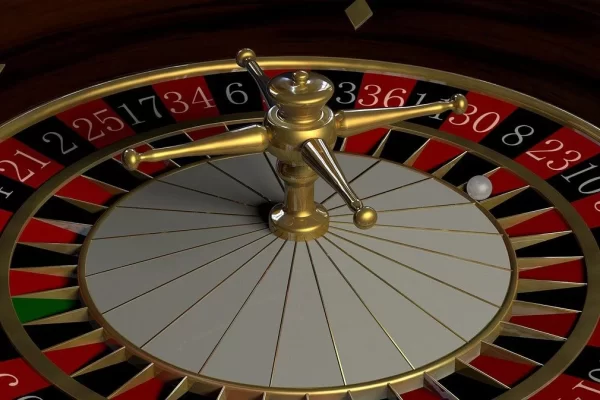While there are many myths about gambling, there are many facts about the problem. A gambling problem is not a sign of weakness of will, irresponsibility, or inferior intelligence. It affects people of all intelligence levels and is just as likely to strike strong willed individuals as weaker types. Problem gamblers rationalize their actions and blame others, avoiding responsibility. If you or someone you love is suffering from this disorder, you should offer support and help.
An addiction to gambling is a serious problem, affecting both emotional and financial wellbeing. Ultimately, it can interfere with the gambler’s values and lead to loss of important friendships and family relationships. The problem is so damaging that treatment for this condition is essential. There are several benefits to seeking treatment for gambling addiction. Listed below are a few of the most common types of gambling addiction:
While there are no known cures for gambling addiction, treatment can help to alleviate symptoms and reduce negative effects. Treatment is available to reduce cravings and urges, and behavioral therapy is an effective option for many. Cognitive behavioral therapy (CBT) involves changing how a person thinks and behaves about gambling. It is important to note that no therapy is 100% effective, but it will make the process a little easier for you. You can always try cognitive behavioral therapy or medication to stop gambling.
Gambling disorder is a serious mental health condition. According to the American Psychiatric Association, it is now grouped under substance-related disorders. In addition, it is closely related to substance abuse disorders, such as alcoholism and depression. It shares several common characteristics, including reward seeking and impulsivity. If you are a gambler, you are more likely to suffer from symptoms of depression, anxiety, and social isolation. If you’re thinking of getting help for gambling disorder, you should consider finding an inpatient treatment center.
Gambling addiction is a serious mental illness that can seriously damage your finances and relationships. It may be difficult to understand, but knowing the facts about this condition is crucial in getting help for yourself. A gambling disorder can be life-threatening, and you should seek help as soon as you suspect you have a gambling addiction. In the meantime, it’s important to remember that there are many solutions to this problem. There is no one single solution for gambling addiction, and you can seek help by obtaining professional treatment.
If you’re concerned that your loved one is suffering from gambling addiction, try to stage a private, safe intervention with a professional. Try not to threaten or lecture the person about gambling addiction, and remember to remain nonjudgmental. You can also try 12-step programs to help them overcome the problem. These 12-step programs follow the same model as Alcoholics Anonymous. These outpatient groups may meet weekly, but they are still helpful in dealing with this type of addiction.











